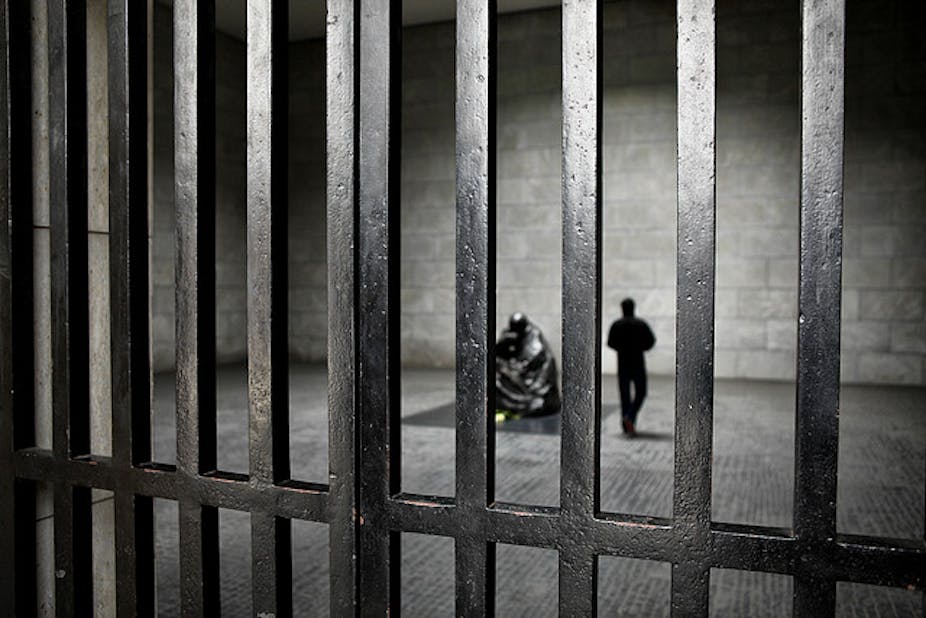The family of Woolwich murder suspect Michael Adebolajo have broken their silence, issuing a statement in which they condemned acts of terror and religious violence and sent their “heartfelt condolences” to the family of Lee Rigby.
The statement expressed the family’s “shame and distress” - and as Britain stands in solidarity with the Rigby family it is important to remember the other families stricken with another type of torment, to whom no words of solace are offered.
In my experience, having worked with the families of suspects caught up in counterterrorism operations, relatives of the two suspects, in particular, will have been stunned beyond belief that their sons and brothers might be capable of such horrendous actions.
The subsequent police raids, and the ransacking of the family homes and confiscation of their property and paperwork, can leave them traumatised for years to come. But those raids are usually just the start of years of unwanted extra attention from police and security services bringing increased surveillance and regular intrusion into their privacy.
This is usually compounded by the negative reaction of their local communities. Despite their protestations that they did whatever they could to cajole, persuade and contain their sons in an attempt to prevent them from following their chosen path, the public finger of blame tends to point at them as parents and they will be left wondering what else it is that they could have done.
All too often, few of their friends and neighbours will stand by them once they learn of the allegations against their sons and become aware of the intrusive state surveillance over anyone associated with the two young men and their families. As with many of the families of alleged terrorists I have studied in the West Midlands, these families will be feeling ashamed and guilty by association. While one or two of these erstwhile friends and family may offer emotional and practical support, many of them will stop visiting, phoning and communicating altogether, lest they too become tarnished with the “terrorist” label.
The increasing isolation, harassment and (undeserved) sense of guilt and the abandonment by families, friends, neighbours and employers can provoke the downward spiral of depression. This and the related anxiety attacks and other symptoms of depression can take their toll on physical and mental well-being. Family life can be torn apart by the pressure these events exert.
These innocent families, whose members rarely know anything of the activities of the suspects and share none of the blame, usually remain invisible to the government and to statutory and the voluntary sector, which ought to have a responsibility towards them as citizens. But they are tacitly considered to be undeserving of help, because they are assumed to be guilty by association. Families like this exist all over the world and are mounting in numbers wherever there is political conflict and whenever suspects are taken into custody for alleged or actual crimes of terror.
Yet little, if any, attention is paid to their plight.
Victoria Brittain’s Shadow Lives and my own work are the only two studies that have focused on charting the journeys of these men, women and children. The findings show a profound sense of isolation, poverty, harassment and bullying, all of which put pressure on the physical and mental health of children and adults left behind.
Their welfare seems to be of no concern to state or voluntary sector agencies. In Britain, there is a solitary, small voluntary organisation - Helping Households Under Great Stress - that provides support to the families of the incarcerated suspects. HHUGS helps by assisting families with prison visits and providing financial aid (when money has been confiscated due to suspicions that it may be used aid terrorist activities). HHUGS also provides counselling for women and children and gives general social support to reduce the families’ isolation. Social services, whose task it is to assess children in need and vulnerable adults, seem oblivious to these problems.
When the media circus around Woolwich has moved on, the suspects’ families may be unable to do the same. But like the family of Drummer Lee Rigby, they deserve the public’s support.

